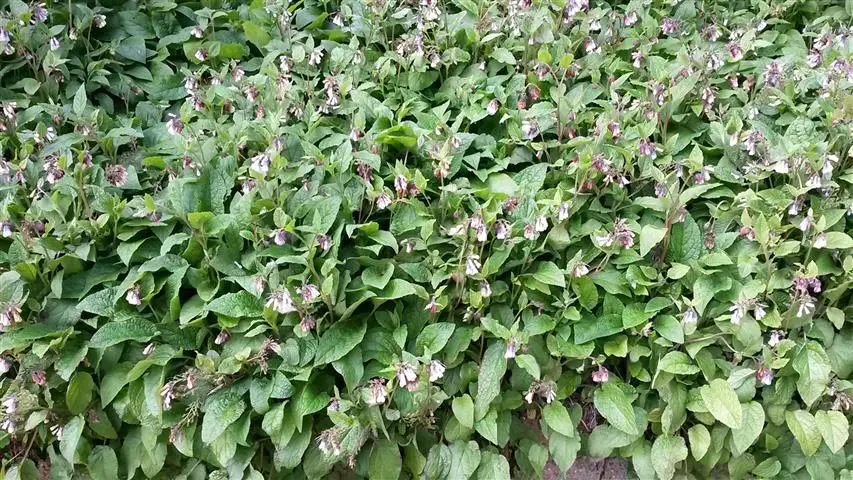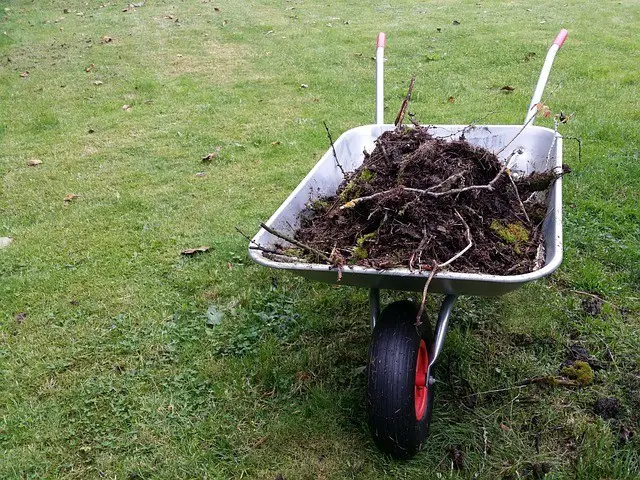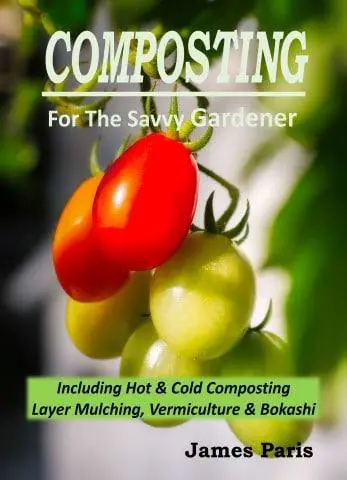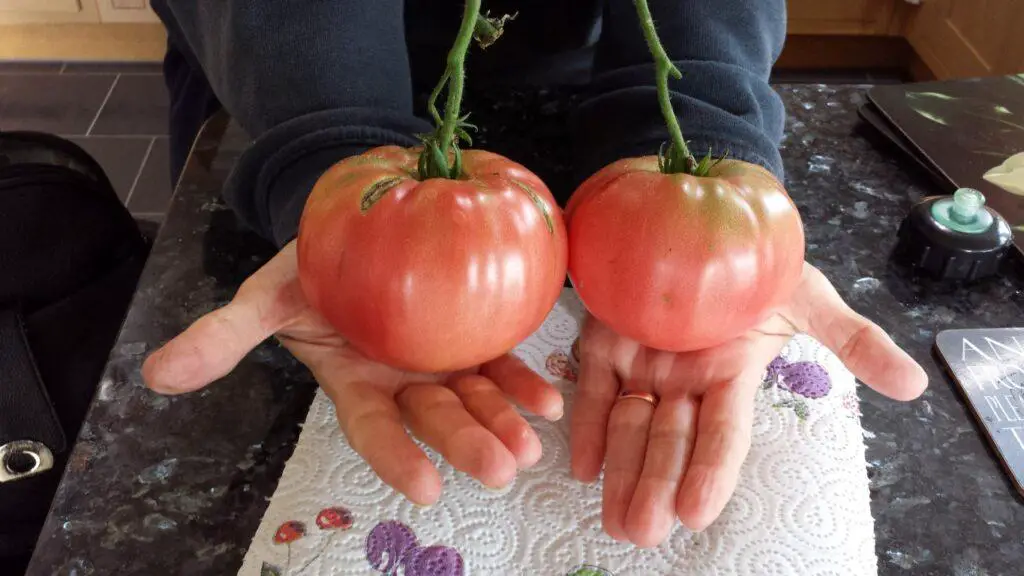
Organic Tea Fertilizer
When using the SFG method in particular and following the composting and Companion planting methods, there should be no need at all for chemical fertilizers. The SFG method of organic growing means that your growing medium (your soil) is forever replenishing itself, and the most it should need is a ‘top-up’ of compost or ‘green tea’ at the peak of the growing season.
Where possible use rain water, or even water from a river or pond to make your ‘tea.’
What is Green Tea?
This is simply a phrase coined for a liquid solution made by adding water to organic matter and letting it ‘brew’ into a nutrient rich feed for your plants.
This is not to be confused with the ‘green teas’ made for human consumption!
There are any number of recipes for this concoction, but here are 4 common recipes you may wish to consider.
Recipes For Organic Plant Food
- Compost Tea: Place mature compost into a large drum, filling about half way. Fill to the top with water. Stir thoroughly then let this mix brew for a period of 5 days or so, then strain of the compost and add the liquid to the base of the plants.
- Horse Manure Tea: Follow the recipe for the compost tea, but add only 1/3rd manure and two thirds water. I have found this feed particularly effective for Tomatoes.
- Blossom Booster Tea: Enhance flower production with a specialized tea. Mix banana peels, chamomile flowers, and Epsom salt, then let the blend steep in water for 48 hours. Filter out the solids and use the liquid to water your flowering plants. This nutrient-packed tea encourages robust blooms and supports blooming vegetables.
- Harness the power of green tea for plant growth. Steep green tea bags in water until it cools, then use the tea to water your plants. The antioxidants in green tea boost plant immunity, while the nitrogen supports leafy growth. This tonic is particularly beneficial for leafy greens like lettuce and spinach.
- Root Strengthening Stew: Create a root-strengthening stew by simmering chopped comfrey leaves, seaweed, and molasses in water. After straining, dilute the mixture and apply it to the soil around your plants. The seaweed provides a dose of trace minerals, while comfrey nourishes the roots. Molasses adds a touch of sweetness, promoting microbial activity in the soil and enhancing nutrient uptake for strong, healthy roots.
- Comfrey Tea: Rich in potash and nitrogen, Comfrey is worth growing in any patch of ground for this ability alone. Add a large bunch of chopped-up comfrey to your water bin, place a brick on top and fill with water. Let it brew for about two weeks before adding to your veggies again in diluted form with an inch or 2 in the bottom of the watering can topped up with water.
- Nettle Tea: This tea does not contain much in the way of phosphates, but has usable amounts of nitrogen, iron, and magnesium. After donning heavy gloves to avoid the stinging nettles! Choose young plants without seeds or roots and put a large clump into a pail. Chop up with sheers and ¾ fill the pail with water . Stir thoroughly and leave to mature for 5-10 days.
Unlocking the Power of Homemade Organic Tea Fertilizer
Gardening is like making a special tea for your plants. Imagine your garden as a cup. The homemade organic tea fertilizer as the special drink that makes your plants happy. When you make this liquid gold, you use things like compost (which is like magic soil food). Worm castings (a fancy name for worm poop!).
Nettle leaves, and comfrey. Mixing these things together is like creating a special potion for your garden.
Making the tea is like doing a cool science experiment. You mix all these special ingredients and let them sit together. It’s like magic happening in your garden pot! When you pour this tea on the soil, it’s like giving your plants a protein drink.
The tea has lots of good things like nitrogen, phosphorus, and potassium. These help your plants grow strong and happy. It’s like having a tea party for your garden!
6 Benefits Organic Tea Offers Your Plants
- Nutrient-Rich Boost: Organic tea fertilizers provide a rich source of essential nutrients for vegetables. Packed with nitrogen, phosphorus, and potassium, these teas nourish plants, promoting healthy growth, strong root development, and vibrant foliage.
- Improved Soil Structure: The use of organic tea fertilizers enhances soil structure. The organic matter in the tea encourages the development of beneficial soil microorganisms, promoting a balanced and fertile environment. This improved structure allows for better water retention and drainage, creating an ideal foundation for vegetable growth.
- Enhanced Nutrient Absorption: Organic teas not only deliver nutrients directly to the soil but also improve the availability of existing nutrients. The organic compounds in the tea facilitate nutrient absorption by plants, ensuring that vegetables can take up and utilize the essential elements they need for optimal health and productivity.
- Disease Resistance: The natural ingredients in organic tea fertilizers, such as compost and plant-based materials, contribute to the development of a robust and resilient plant immune system. This enhanced resistance helps vegetables ward off diseases and pests, reducing the need for synthetic pesticides.
- Environmental Sustainability: Homemade organic tea fertilizers are environmentally friendly alternatives to synthetic fertilizers. By using kitchen scraps, yard waste, and other organic materials, you reduce reliance on chemical-based products, promoting sustainability and minimizing the environmental impact associated with conventional gardening practices.
- Cost-Effective and Eco-Friendly: Creating organic tea fertilizers at home is a cost-effective and eco-friendly approach. It repurposes kitchen and garden waste into a valuable resource, reducing the need for purchasing commercial fertilizers. This not only saves money but also minimizes the carbon footprint associated with the production and transportation of synthetic fertilizers.

General Guidelines:
Making your own fertilizer as the above methods show, is a fairly simple process, however there are things you should watch out for and precautions you should take particularly with the potential risk of bacterial and other contaminations.
Be aware that E coli and other harmful bacteria can be present in any manure and so must be handled with due care. Do not feed compost or manure tea to plants where the edible part lies on the ground – i.e. strawberries, cucumber, marrow etc. And stop using 3 weeks before vegetables are to be harvested.
For much more details on making organic plant food from a variety of sources then this ebook COMPOST 101 covers the issue of plant foods or fertilizers in full.
covers the issue of plant foods or fertilizers in full.


